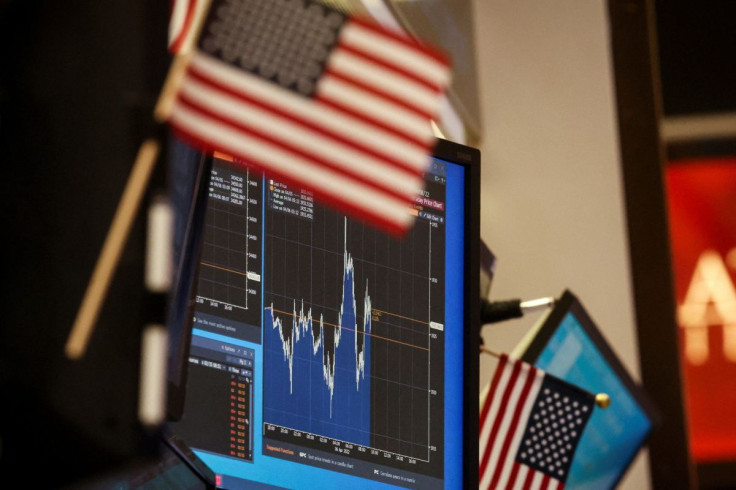Wall Street Ends Lower After Fed Minutes

Wall Street's main indexes fell on Wednesday, with steep declines in tech and other growth stocks, after minutes from the Federal Reserve's March meeting sharpened investors' focus on the U.S. central bank's plans to fight inflation.
The tech-heavy Nasdaq logged a decline of over 2% for a second straight day.
Minutes of the Fed's March 15-16 meeting showed policymakers rallying around plans to cut the central bank's massive balance sheet as soon as next month.
Wall Street's main indexes already had been solidly lower ahead of the minutes' release, building on declines from a day earlier when Fed Governor Lael Brainard's comments raised concerns about more aggressive Fed action to fight inflation.
"The Fed is determined to rein in inflation, and we just hope and pray that there will there will be a soft landing of the economy and not a hard landing that sends us into a recession," said Tim Ghriskey, senior portfolio strategist at Ingalls & Snyder.
The Dow Jones Industrial Average fell 144.67 points, or 0.42%, to 34,496.51, the S&P 500 lost 43.97 points, or 0.97%, to 4,481.15 and the Nasdaq Composite dropped 315.35 points, or 2.22%, to 13,888.82.
The technology and consumer discretionary sectors both fell about 2.6%, while the S&P 500 growth index dropped about 2%.
Defensive sectors gained, led by a 2% rise for utilities and a 1.6% increase for healthcare and real estate.
Wall Street's indexes already had been down sharply for a second straight day before the closely watched minutes, as investors continued to digest Brainard's remarks from Tuesday.
Brainard said she expected a combination of interest rate increases and a rapid balance sheet runoff to bring U.S. monetary policy to a "more neutral position" later this year.
"She is one of the more dovish members of the FOMC and so for her to come out as aggressively in stamping out inflation pressures with really more aggressive rate tightening and policies, I think that took the market off guard a little bit and I think you are seeing that continue today," said Anthony Saglimbene, global market strategist at Ameriprise.
The prospect of a more hawkish Fed led to a rocky start to the year for equities, and in particular tech and growth shares whose valuations are more vulnerable to higher bond yields. The Ukraine crisis has added to concerns, particularly about worsening inflation as commodity prices spike.
In company news, JetBlue Airways shares fell 8.7% as it mounted a vigorous defense of its unsolicited $3.6 billion bid to acquire ultra-low-cost carrier Spirit Airlines.
Declining issues outnumbered advancers on the NYSE by a 2.76-to-1 ratio; on Nasdaq, a 2.56-to-1 ratio favored decliners.
The S&P 500 posted 41 new 52-week highs and 22 new lows; the Nasdaq Composite recorded 41 new highs and 202 new lows.
About 12.6 billion shares changed hands in U.S. exchanges, compared with the 13 billion daily average over the last 20 sessions.
© Copyright Thomson Reuters 2024. All rights reserved.




















